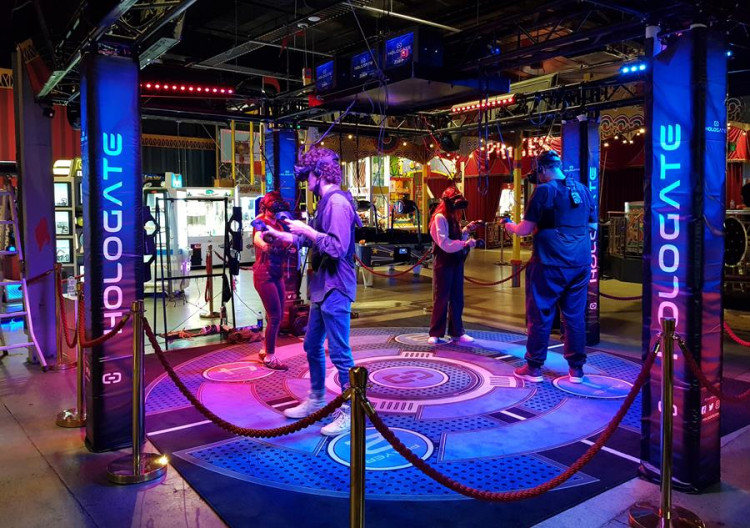For years, the Chinese government has imposed various restrictions on the industry, which are widely regarded as among the harshest in the world.
The recent restrictions, which were published at the end of August, limit gamers under the age of 18 to only playing between the hours of 8 p.m. and 9 p.m. on Fridays, Saturdays, Sundays, and legal holidays. This was an upgrade to a rule enacted in 2019 that limited minors to 90 hours of gameplay each day and three hours on weekends and holidays.
Children's spending limits were also introduced in the 2019 regulations, and they have remained unchanged. Players between the ages of 8 and 16 can spend up to 200 yuan per month on a game, while those between the ages of 16 and 18 can spend up to 400 yuan per month.
On Monday, China's gaming regulator granted publishing licenses to 45 games, including Baidu and XD Inc's (2400. HK) "Party Star," breaking a nine-month freeze that had hit many of the country's tech behemoths.
The list was made public on the website of the National Press and Public Administration. Earlier in the day, Reuters reported that China had granted a license to XD 'Party Star.'
iDreamSky (1119. HK), 37Games (002555. SZ), a subsidiary of G-bits Network Technology Xiamen (603444. SS), Shenzhen Zqgame (300052. SZ), and Yoozoo Games (002174. SZ) were among the companies that acquired licences, according to the list.
In premarket trading, shares of Chinese gaming companies NetEase Inc and Bilibili Inc rose 8% and 8.6%, respectively.
Tencent Holdings Ltd. rose more than 5%, joining the rest of China's gaming industry in a rally after regulators approved the country's first batch of new titles in over eight months.
The pause coincided with China's decision in August to impose new gaming time limits on minors under the age of 18, a stringent social intervention that it claimed was required to stem a growing addiction to what it once referred to as "spiritual opium."
In July of last year, Chinese officials halted awarding game monetization licenses, severely affecting industry giants Tencent Holdings (0700. HK) and NetEase, as well as pushing hundreds of companies out of business.
The ban was almost as long as one imposed in 2018 when China stopped authorizing new video game titles for nine months as part of a reorganization of the industry's regulatory authorities.






